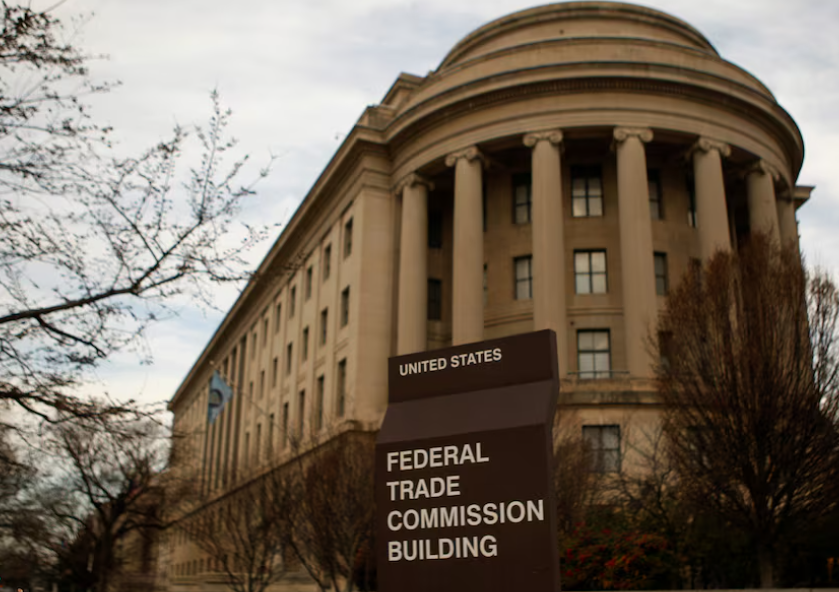Experts suggest that the U.S. Federal Trade Commission’s ban on “noncompete” agreements, often signed by workers, could face legal challenges due to courts’ increasing skepticism towards federal agencies’ authority to enact broad rules.
The commission, in announcing the rule on Tuesday, stated that agreements restricting workers from joining competitors or starting rival businesses suppress wages and limit job opportunities. Approximately 30 million people, constituting 20% of U.S. workers, have signed such agreements, according to the agency.
Already, business groups including the U.S. Chamber of Commerce, Ryan LLC, and a Pennsylvania tree trimming company have filed three lawsuits challenging the FTC’s authority to determine and prohibit unfair competition practices.
The Chamber has filed a motion to block the rule until the resolution of its lawsuit.
These challenges are likely to delay the rule’s implementation, scheduled for August, and may ultimately lead to its demise. Several lawyers and experts argue that the FTC has taken a novel and unprecedented stance regarding its rulemaking powers.
Rule may be invalid
Furthermore, the FTC rule may be invalid because it addresses a significant question with broad implications for the U.S. economy, which the Supreme Court has stated agencies can only undertake with explicit authorization from Congress.
Jeremy Merkelson, a partner at law firm Davis Wright Tremaine in Washington, D.C., representing employers, asserts that the FTC lacks the authority to enact such a rule, especially since Congress has not passed proposed bans on noncompetes.
The commission will face opposition from conservative judges who have a history of blocking major government policies and limiting federal agencies’ powers.
The court where the Chamber filed its lawsuit, located in Tyler, Texas, has been described as a “firewall” against questionable rulemaking by the Biden administration, according to Gregory Hoff, director of labor and employment policy at the business-backed HR Policy Association.
The FTC has defended its authority, stating that federal law clearly grants it broad rulemaking powers to address anticompetitive conduct.
However, legal experts argue that the scope of the noncompete ban extends across all sectors of the economy, unlike previous rulings that upheld agency rules with narrower scopes.
Damian Cavaleri, a New York-based lawyer who has represented employers and workers, predicts that the 5th Circuit Court of Appeals may create a split on the issue, potentially leading to Supreme Court intervention.

